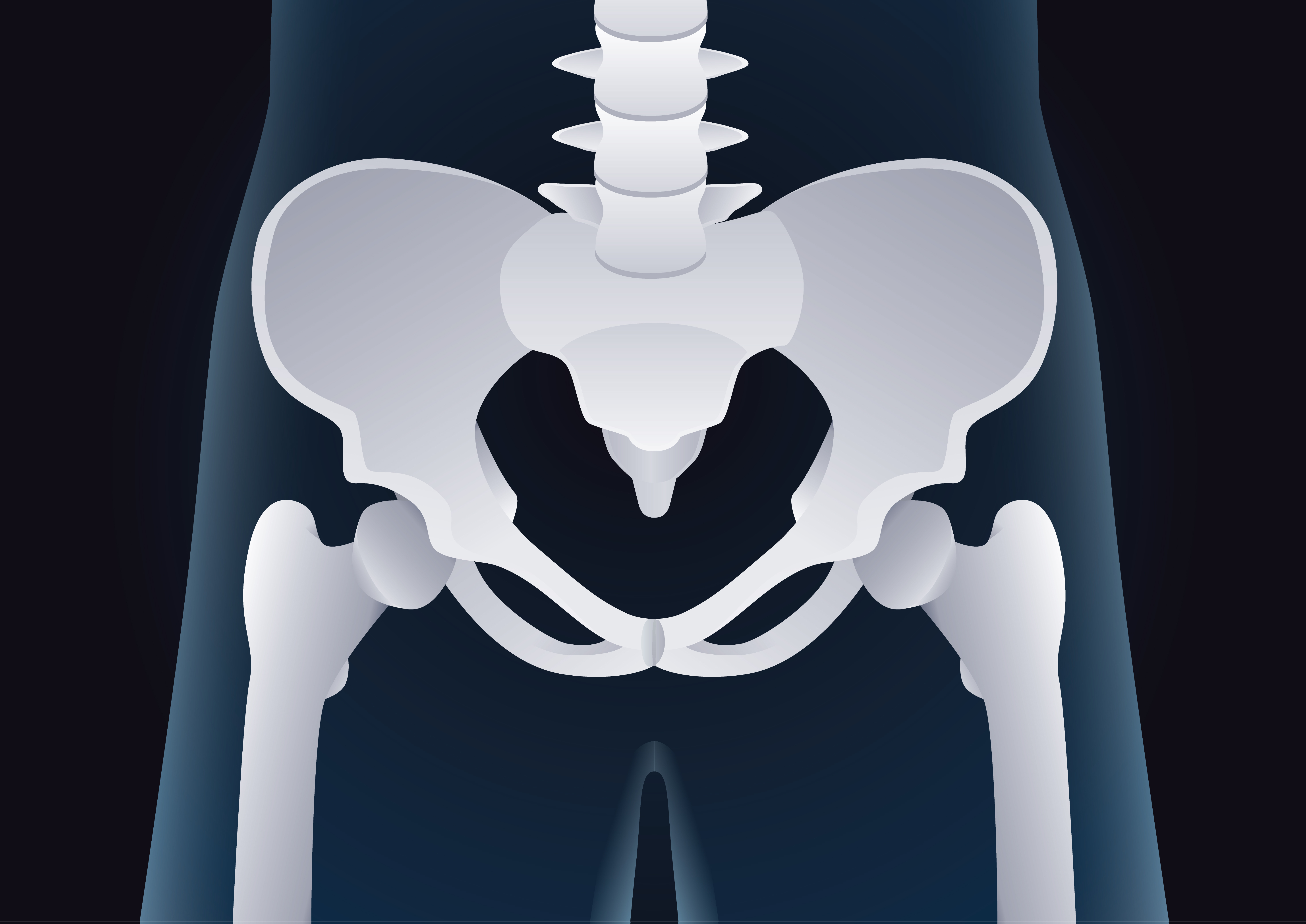Contents:
- Medical Video: How Getting Colon Cancer at 21 Changes Everything
- Basic description of the stage of colon cancer
- Differences in the stage of colon cancer vs. the stage of rectal cancer
- Stages of colon cancer
- Staging stages of rectal cancer
Medical Video: How Getting Colon Cancer at 21 Changes Everything
Colon cancer can only be diagnosed through examination of intestinal tissue. Biopsy plays an important role in the diagnosis of colon cancer. To understand the diagnosis and plan for treatment, you must know first about the stage of colon cancer and its symptoms. Make a note of all the symptoms and complaints you feel, then consult your doctor for a more accurate explanation.
Basic description of the stage of colon cancer
Stage 0: This is the earliest possible stage. The cancer has not moved from its starting point, and is still limited to the deepest layer of the large intestine.
Stage I: Cancer has begun to spread, but is still in the inner layer. This is also referred to as Dukes A. colorectal cancer.
Stage II: Most of the cancer has grown through the walls of the large intestine and can reach into the closest tissue. This cancer has not spread to the lymph nodes.
Stage III: Cancer has spread to lymph nodes, but has not been transported to distant parts of the body. This is also called Dukes C colorectal cancer.
Stage IV: Cancer has been transported through the lymph system to distant parts of the body. This is called metastatic. Colon cancer most often spreads to the lungs and liver. Stage IV colon cancer is also called colorectal cancer Dukes D.
Differences in the stage of colon cancer vs. the stage of rectal cancer
Stages of colon cancer
Stage 0: In stage 0, abnormal cells are found in the deepest layer of the large intestine. These abdominal cells can become cancerous and spread to the closest normal tissue. Stage 0 is also called carcinoma in situ.
Stage I: In stage I, the cancer has formed and spread from the deepest layer of tissue in the middle intestinal wall.
Stage II: In stage II, colon cancer is divided into stage IIA, stage IIB, and stage IIC.
- Stage IIA: Cancer has spread through the muscle layer to the serous (outermost layer) of the large intestine wall
- Stage IIB: Cancer has spread through serosa (the outermost layer) of the large intestine wall but has not spread to nearby organs.
- IIC Stage: Cancer has spread through serosa (the outermost layer) of the large intestine wall to the closest organ.
Stage III: In stage III, colon cancer is divided into stage IIIA, stage IIIB, and stage IIIC.
- Stage IIIA: Cancer has spread from the deepest layer of tissue in the wall of the large intestine to the middle layer and spread to as many as 3 lymph nodes.
- Stage IIIB: Cancer has spread to as many as 3 of the closest lymph nodes and has spread:
- Exit the middle tissue layer on the large intestine wall, or
- To the closest tissue around the large intestine or rectum, or
- Exit the large intestinal wall into the nearest organ and / or penetrate the peritoneum
- Stage IIIC: Cancer has spread to 4 or more lymph nodes and has spread:
- To or penetrate the middle tissue layer on the large intestine wall, or
- To the closest tissue around the large intestine or rectum
Stage IV: In stage IV, the cancer may have spread to the closest lymph nodes and spread to other body parts, such as the liver or lungs.
Staging stages of rectal cancer
Stage 0: In stage 0, abnormal cells are found in the deepest layer of the rectum. These abnormal cells can become cancerous and spread to the closest normal tissue. Stage 0 is also called carcinoma in situ.
Stage I: In stage I, the cancer has formed and spread out the deepest layer of the rectum into the second and third layers and covers the inner wall of the rectum, but has not spread to the outer wall of the rectum or outside the rectum.
Stage II: In stage II, the cancer has spread outside the rectum to the nearest tissue, but it has not yet invaded the lymph nodes (small bean-shaped structures found throughout the body and serves to filter substances in the lymph fluid and help fight infections and diseases).
Stage III: In stage III, the cancer has spread to the closest lymph nodes, but has not spread to other parts of the body.
Stage IV: In stage IV, the cancer has spread to other parts of the body, such as the liver, lungs, or ovaries.
Hello Health Group does not provide medical advice, diagnosis or treatment.












